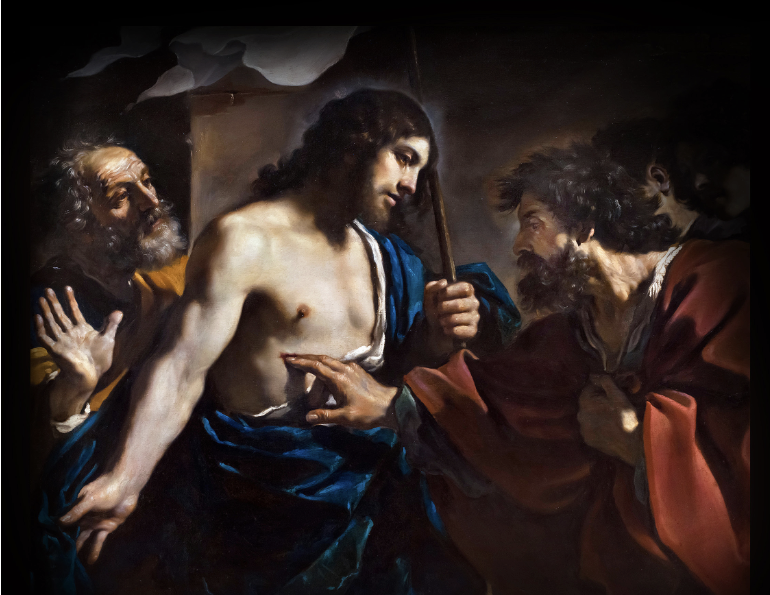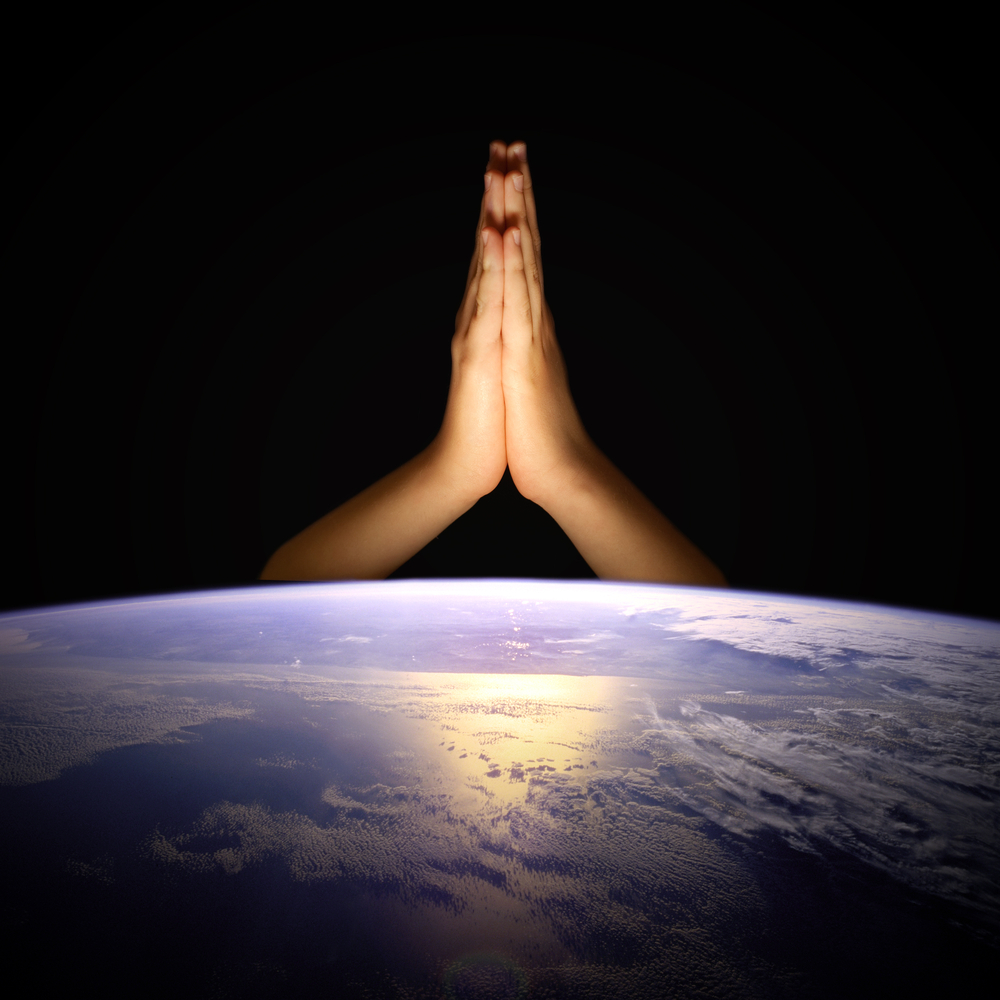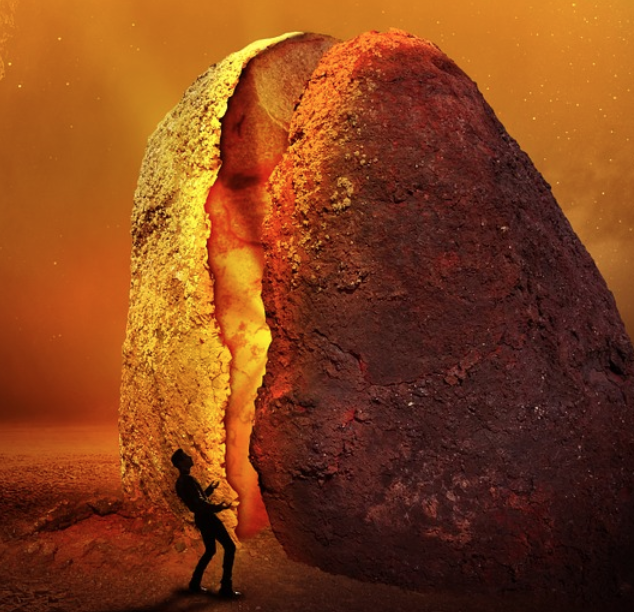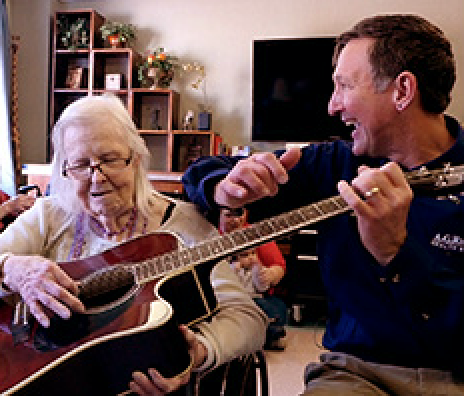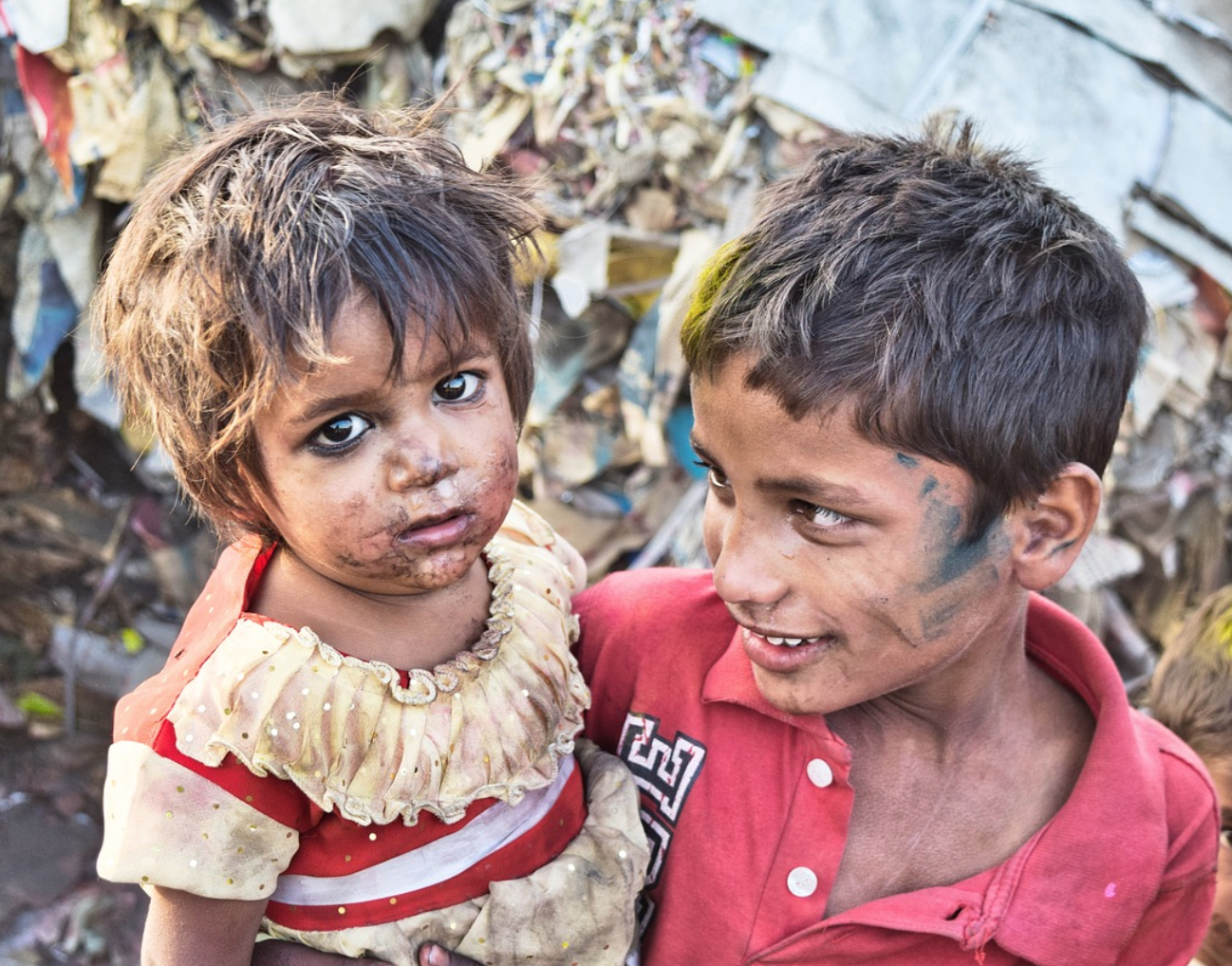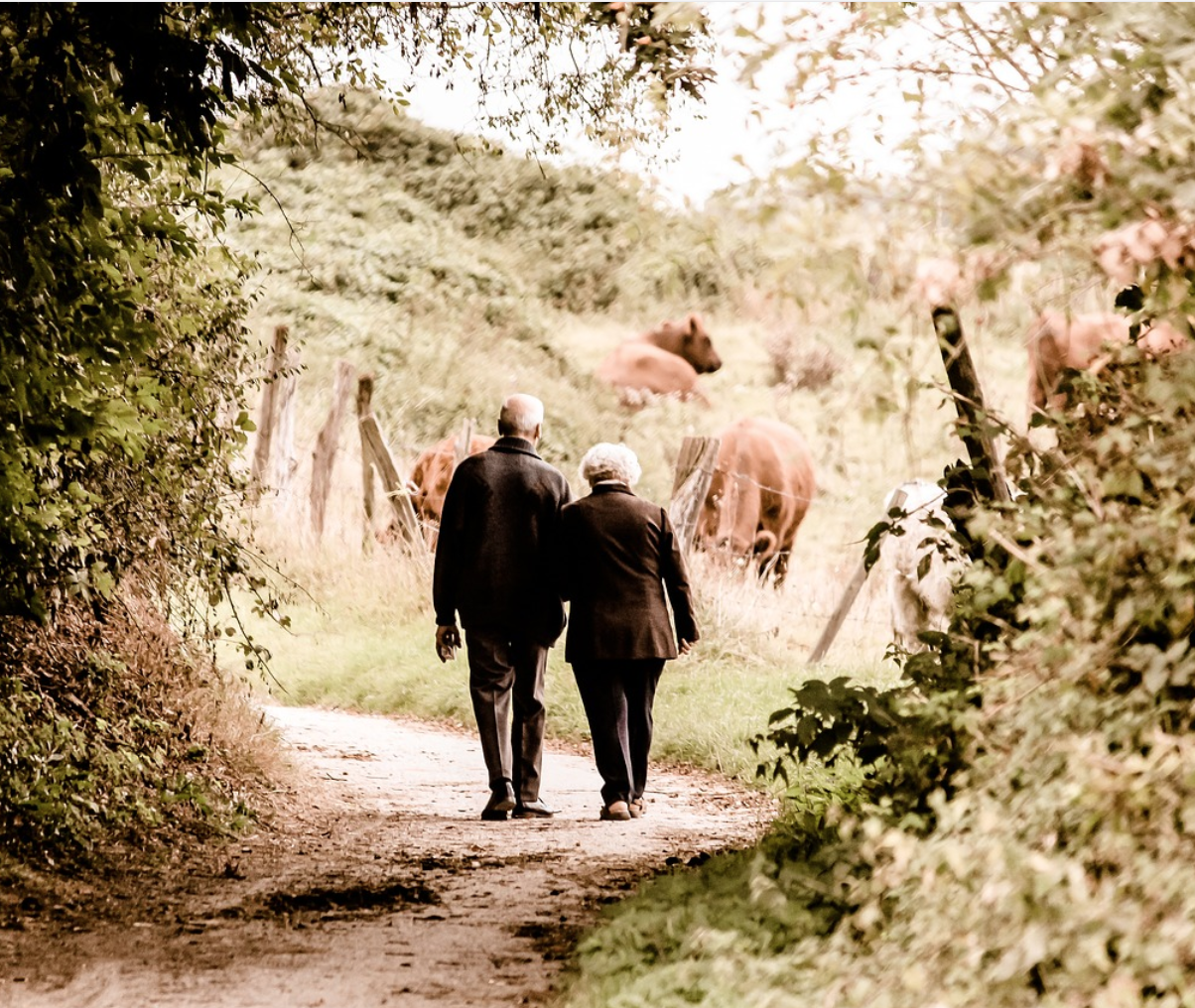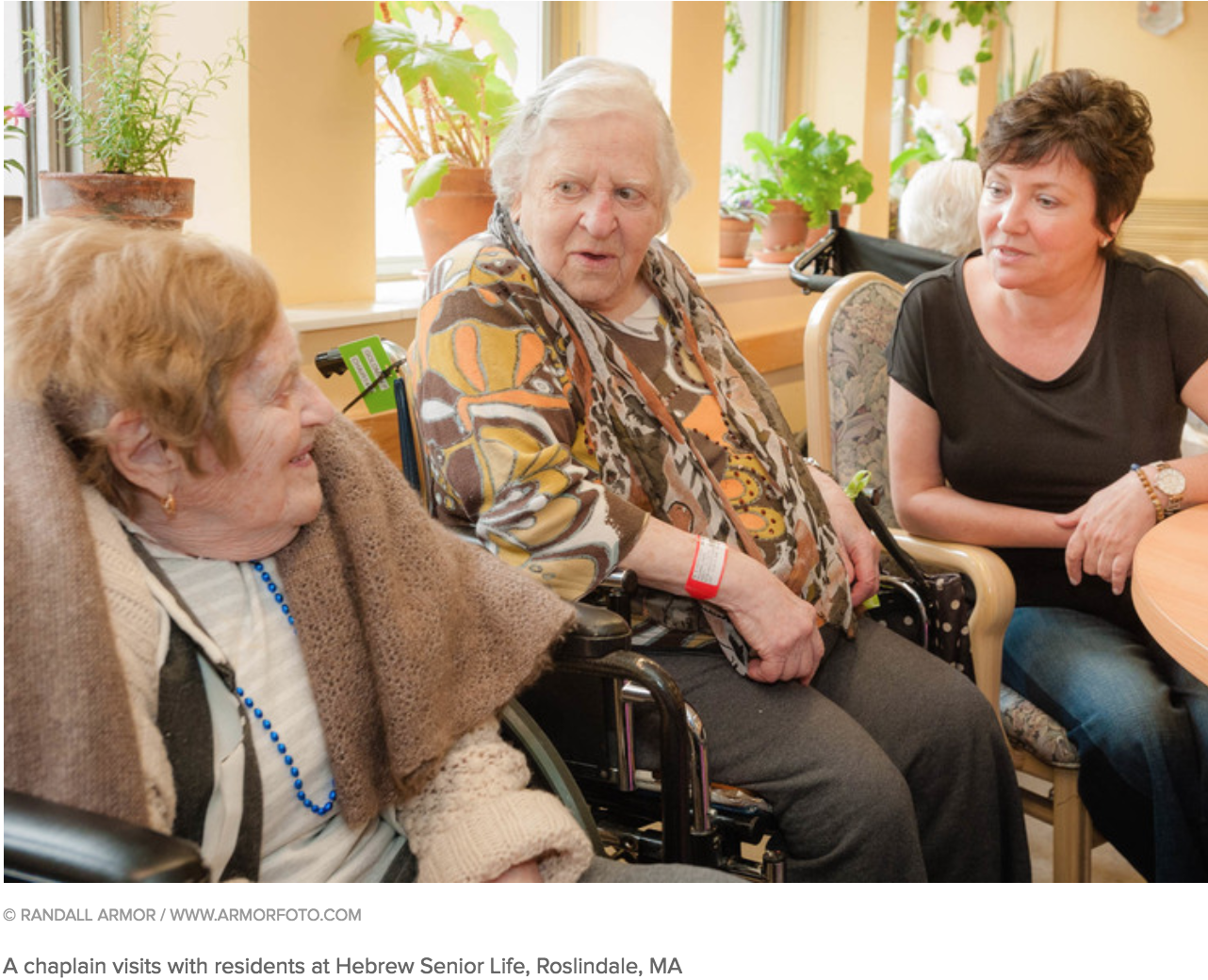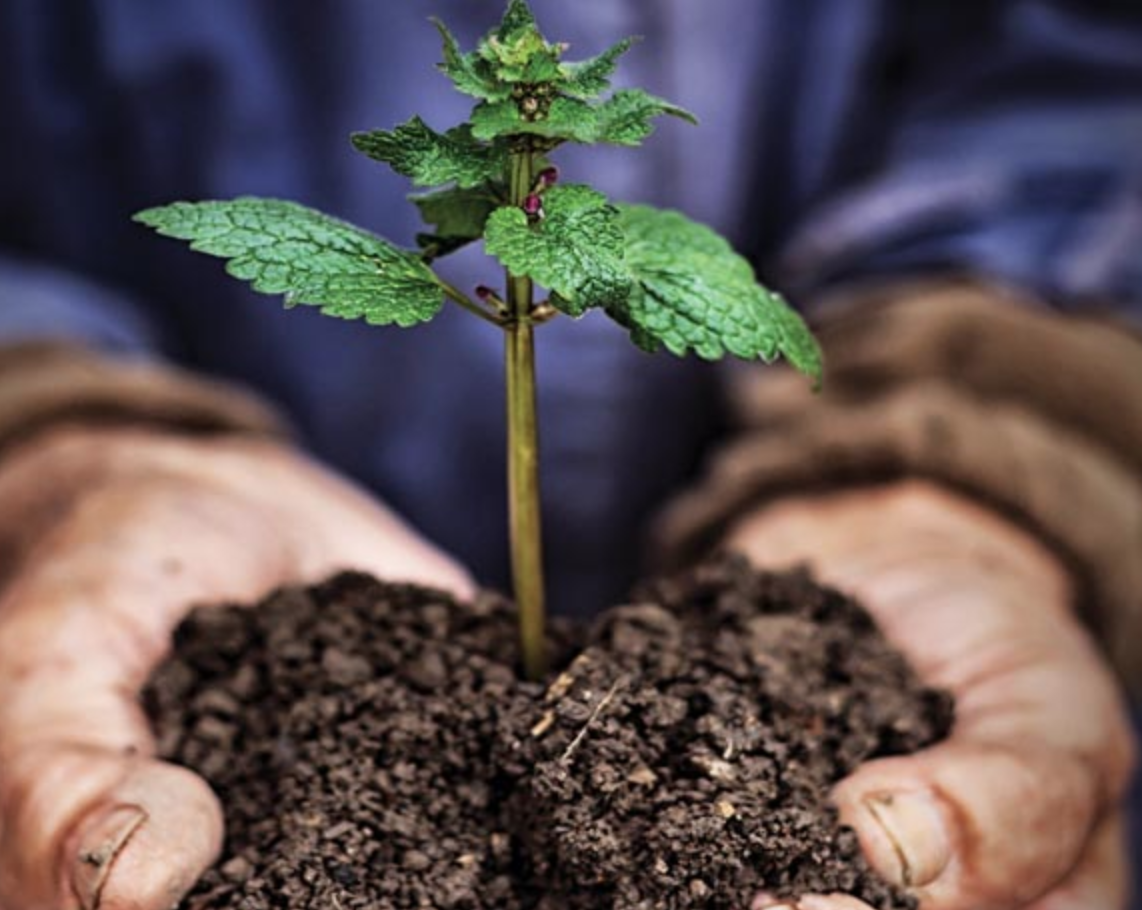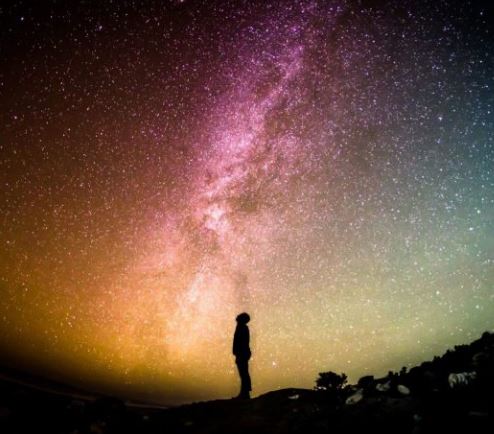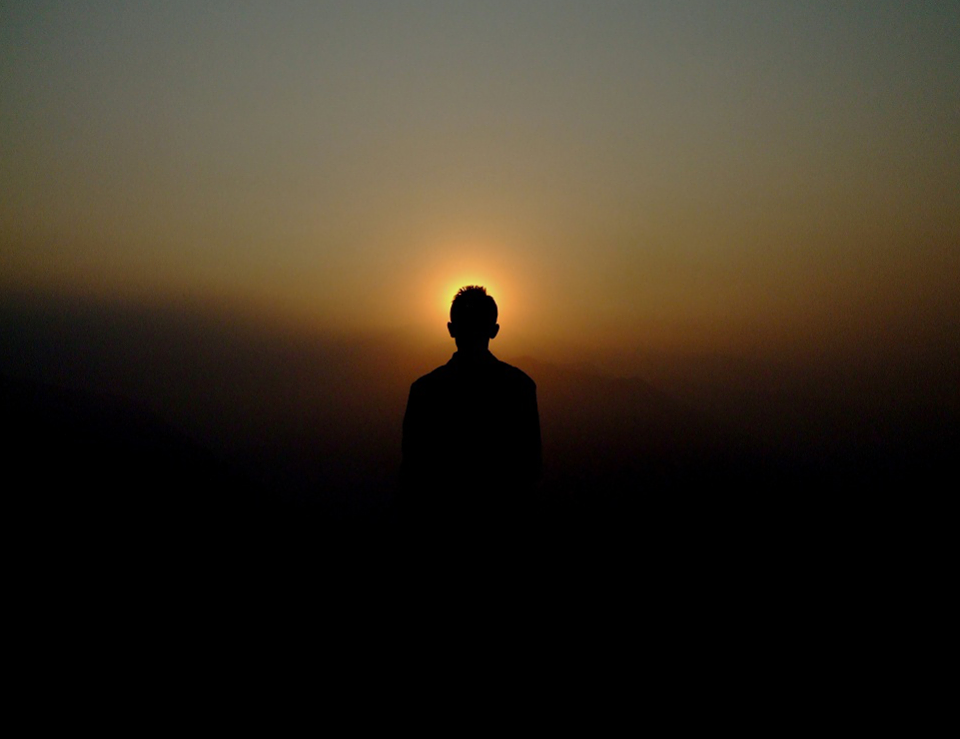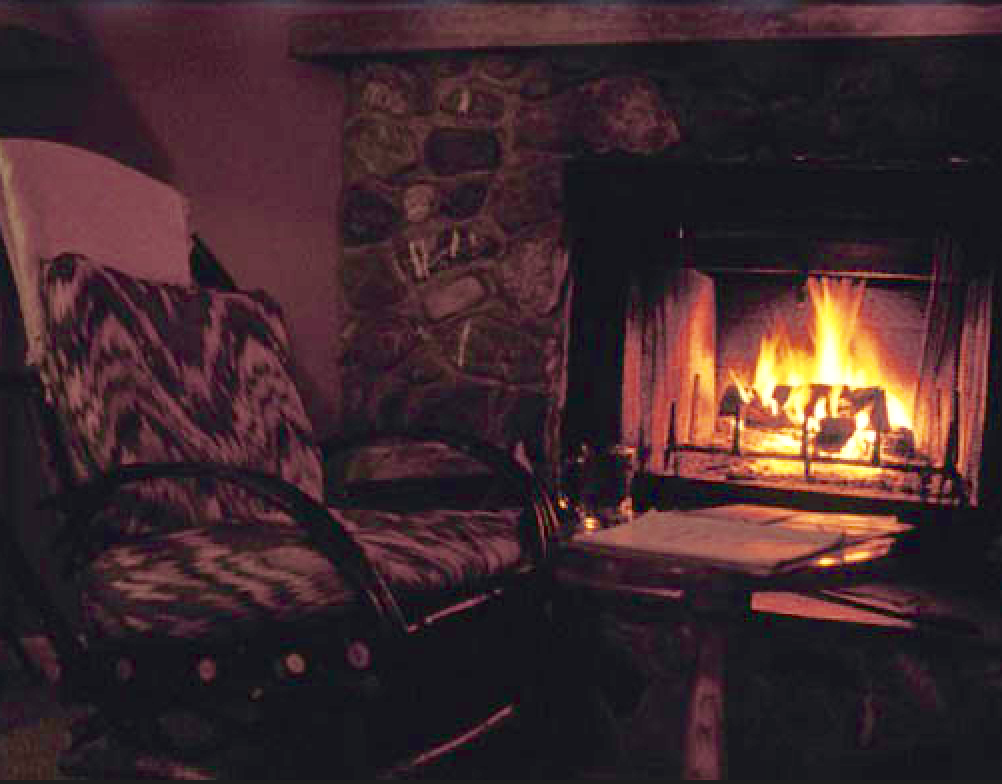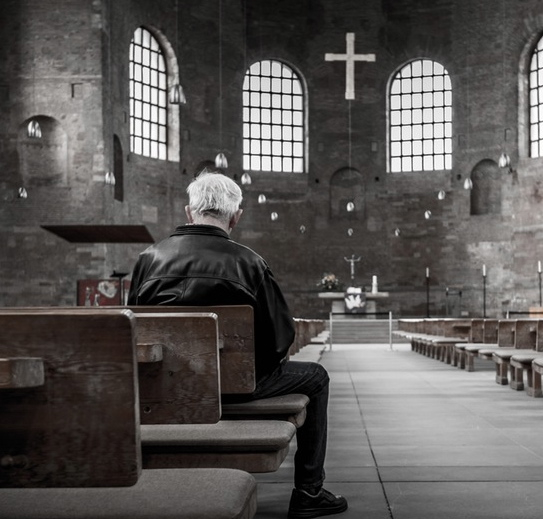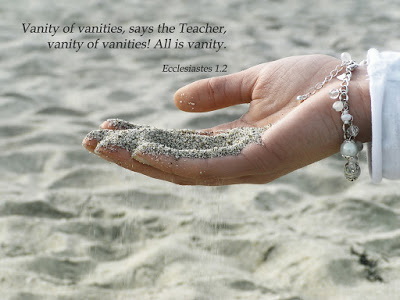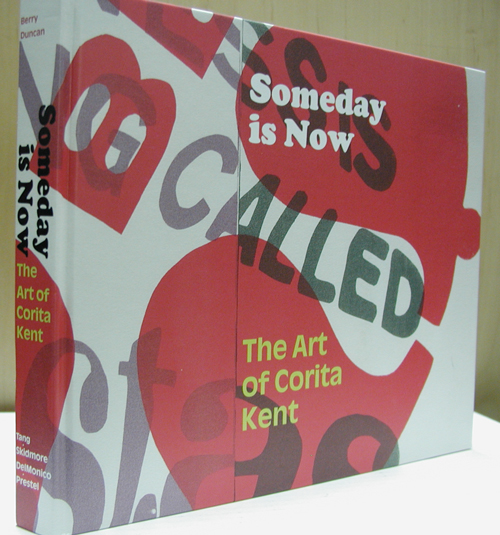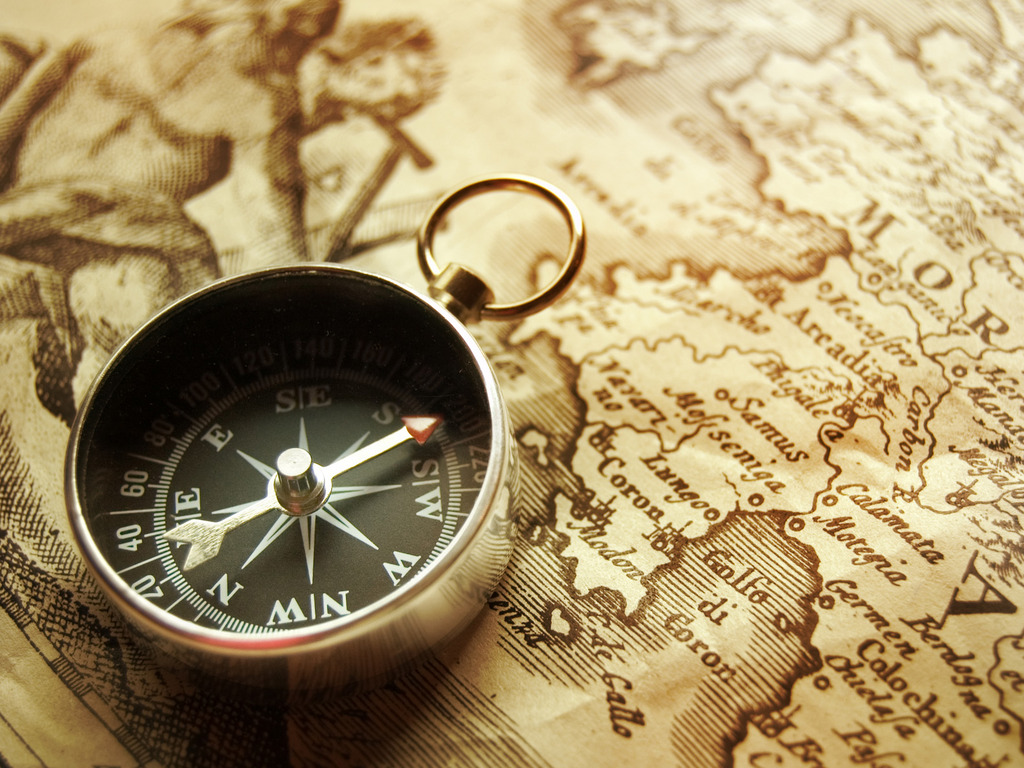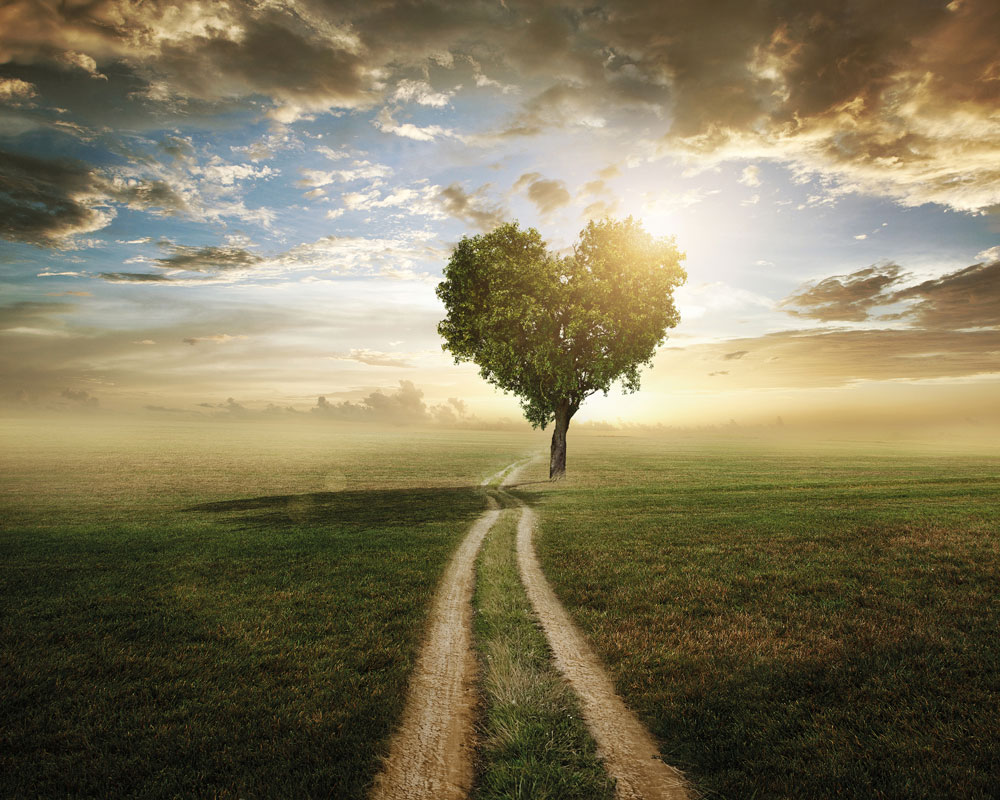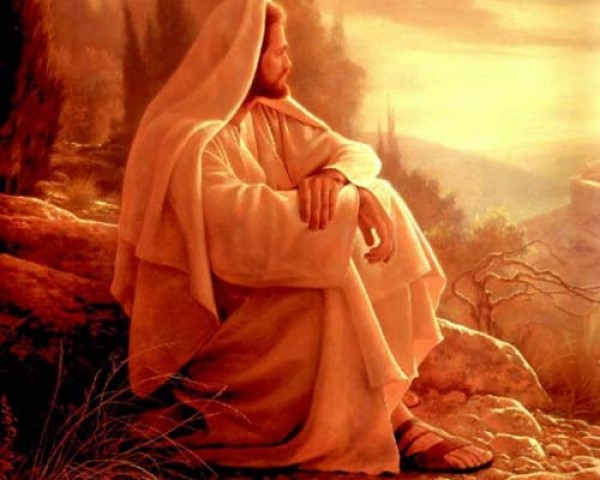A five-part fictional story
A five-part fictional story set in the early 1990s about Reverend Paul Graham and his congregation, Grace United Church of Christ.
A five-part fictional story
A five-part fictional story set in the early 1990s about Reverend Paul Graham and his congregation, Grace United Church of Christ.
A five-part fictional story
A five-part fictional story set in the early 1990s about Reverend Paul Graham and his congregation, Grace United Church of Christ.
A five-part fictional story
A five-part fictional story set in the early 1990s about Reverend Paul Graham and his congregation, Grace United Church of Christ.
A five-part fictional story
A five-part fictional story set in the early 1990s about Reverend Paul Graham and his congregation, Grace United Church of Christ.
Christian senior living communities offer the same services and amenities as standard senior living options. The difference is that they approach the care they provide through the lens of Christ’s teachings.
As passengers and voting crew members on the American ship of state, we must recognize that we are sailing among icebergs more dangerous than those encountered by the Titanic. We must wake up, recognize the extent of the danger, get our values straight, and do our part when it comes time to vote.
An Introduction to Mystical Activism
Mystical activism begins with mystical consciousness: an intentionally awakened, the thought-free, sacred of awareness of the mystic that transforms the experience of our self, our work, and the world itself.
Revolutionizing Dementia Care reveals how people living with dementia can still live a full and meaningful life based on their abilities, not their disabilities. Innovative approaches in memory care communities have shown improvements in the well-being of residents as they're included, engaged and supported in social gatherings, clubs and everyday activities. A revolution is here where people living with dementia get the individual heart-felt care they need.
Americans think poorly about the poor. The corollary to the American dream of economic and social advancement by hard work has been the false assumption that the poor have only themselves to blame. In his seminal book, "The Undeserving Poor", the author, Michael Katz, explains why Americans have tended not to understand poverty as the product of systematic forces of political economy. The labor movement in the US was co-opted by the capitalist elite into denying the existence of social and economic classes. Religion played a perverse part, as well.
Aging is a transformation of self and consciousness. Surrendering our old identity, schedule and roles, our sense of self changes. Growth possibilities from the unfinished self blossom creating with new interests, goals and life possibilities.
By Wendy Cadge and Beth Stroud for Huffington Post
Chaplains and spiritual caregivers sit with people in distress, support the grieving, care for the dead, and coordinate local religious leaders — all in the face of the kind of suffering that leaves most of us at a loss for words. Where and how do they learn how to help?
Conscious Aging organizations encourage elders to contribute their time, energy, wisdom, and experience in “giving back” to the world. So when I retired, I was surprised by how much resistance I felt to getting involved.
This idea of God has a long history, which the remarkable scholar and ex-nun, Karen Armstrong has written up as “The History of God”. God is an idea that has played an extremely important centering role in our evolving culture. God became the ultimate point of reference. It was the idea of God as creator of the universe that led to the rise of modern science, as mediaeval theologians tried to discover what they called ‘the ways of God’ by conducting experiments. It was they who laid the foundations of today’s empirical science. But also associated with this idea of God were the values of love, compassion, honesty and truth. These make such moral demands of us that they transcend us. And though the idea of God had its beginning in our mythological past it remains, therefore, a useful symbol for our highest values. Even the New Testament asserts. “God is love”.
Reflection Number 8: Who am I?
Not to be overly dramatic, but we are simply a speck of stardust floating on the infinite sea of the universe, hitching a temporary ride on the train of evolution. The underpinnings of our existence are bizarre antics of elementary particles, and we are surrounded by the unexplained suffering that ensues when the whole system seemingly goes awry. We create our own world, divorcing ourselves from reality, even as we occasionally bump into something that seemingly transcends the everydayness of our existence.(See earlier reflections). Who are we, anyway? Why am I here? What is the meaning of my life?
Getting in touch with the deeper meanings of the Winter Solstice through readings, practices, poems, and prayers.
As the Winter Solstice approaches in the north, we notice the changes: the days of light are shorter, the darkness is longer, the weather is cold, the trees are bare, and snow is often on the ground. John Matthews, who has lectured widely on Celtic and Arthurian traditions, has written this lyrical passage about Winter Solstice: "The Solstice is a time of quietude, of firelight, and dreaming, when seeds germinate in the cold earth, and the cold notes of church bells mingle with the chimes of icicles. Rivers are stilled and the land lies waiting beneath a coverlet of snow. We watch the cold sunlight and the bright stars, maybe go for walks in the quiet land. . . . All around us the season seems to reach a standstill — a point of repose."
Reflection Number 7: How Other Persons Affect Us
hese are all real people, feral children who, for various reasons, were separated from human beings early in life, and were adopted by families of the animals after whom they are named. None could speak human language. The bird boy chirped and flapped his arm-wings to communicate. The dog girl growled and walked on hands and knees. The gazelle boy could run 50 mph. After they were discovered, they found it impossible to assimilate into the company of homo sapiens, tried to and did escape, the unlucky ones restrained in insane asylums. Genetically, they might be the species homo, but they are not socialized humans. Yes, we need other people. At the most basic level, we need them to learn how to walk, eat, communicate, and just generally be in the company of others. I’m sure that any parent who has raised infants into children can identify with that process.
The 2016 presidential election triggered an unexpected and nearly unbearable trauma for over half of the American people. For many, it felt like the death of a loved one, or the assassinations of John Kennedy, Martin Luther King, and Robert Kennedy, or the nightmare of 9/11. It felt like a wrecking ball shattering our nation's fragile architecture of decent human values, urgent climate plans, and steadily expanding civil rights. Like many, I shared my distress wherever I went - in my men's group, spirituality group, conscious aging circle, and conversations with loved ones, and knew that this threat to our way of life was magnitudes worse for vulnerable peoples - immigrants, religious and racial minorities, and the poor. We discussed protests, marches, political action and civil disobedience. I imagine that many of you had similar conversations in your communities as disbelief, shock, grief, tears, fear, insomnia, and horror fragmented psyches all across our land.
Now that I am venturing onto the terrain called “aging,” I would like a do-over in how I responded to people over 65 when I was their pastor. I don’t think I began to comprehend the complexity of aging. I viewed it as a single-track pastoral problem to be solved by regular home visits and the occasional group event, like a bus tour. I tended to treat the elderly as needy, more like patients in a hospital than self-differentiating adults. Some were hospital patients, of course. But I missed seeing the rest of their journeys.
Your Legacy of Values
An ethical will, or legacy letter, is a way to share your values, blessings, life’s lessons, hopes and dreams for the future, love, and forgiveness with your family, friends, and community.
In general, mainline congregations have missed two successive generations of young adults. Funerals far outnumber baptisms and weddings. Our average age is pushing 65. Sunday schools and youth groups are sparse. Young families in our community don’t aim their SUVs toward us. Many church activities serving young families happen away from Sunday morning, anyway, which our Sunday-oriented elderly don’t understand or value. Meanwhile, the elderly are dealing with isolation, an epidemic of loneliness, and a range of health issues that only other elderly appreciate.
In the Gospels, Jesus is continually calling on us to discern between what is eternal and what is not. Jesus calls us to let go and be not afraid. He tells us that there is reason to hope in this, even if--or maybe especially if--we hang onto hope by the skin of our calloused fingertips with our last bit of strength. He tell us that what is lasting is not of this world--it is of the Kingdom. All worldly pursuits, all riches, even the emotional "riches" of pride--maybe especially so--come from dust and return to dust. At best they are meaningless, at worst they are distractions that keep us from finding true meaning.
Earth's hot blood rises, bursts, and pours, Scabs rough black across the plains, Sinks, boils again, and rises slow; Cools, congeals, as crystals grow;
We speak of American exceptionalism, a belief that we are special, uniquely able to bring peace and progress to the world. In this view, we are smarter than, better than, more prosperous than, more blessed than all the peoples of the world. These are sometimes experienced as gifts, but often, as entitlements.
A Thanksgiving Reflection in the Midst of a Terrorized World
Like many others, the Thanksgiving holiday is another reason I love the autumn season. The occasion gives us the allocation of a few fleeting moments to pause and express appreciation for whatever we have, but only for the time being. In a world either terrorized or abused by those who have little regard for it, it has become downright dangerous and nearly complicit, to encourage the illusory notion of any sweet by-and-by; expecially for those who can’t seem to wait for it. If there is to be any knockin’ on heaven’s door, the place is always here, and the time is always now. Since none of us can imagine with any certainty whatsoever that unknown reality from whence we have all come, all we can really know is what is. And, considering all those most authentic, very earthy and non-religious parables Jesus used to try to describe a “reign of God” – or, if you prefer, “kingdom of heaven” – they all seemed to be very much of this earth, and the stuff of daily life. I do not believe in any afterlife of my own. And I’m done with any notion of a heaven that is anywhere else than on the face of this earth; with whatever we make of it, and for the time being. The poet, Robert Browning, once wrote, “Ah, but a man’s reach should exceed his grasp, or what’s a heaven for?” The painfully obvious fact that we have so utterly failed to grasp such a paradise, does not yet mean we should hold back our reach of it.
I was shopping for a college to attend and my school counselor gave my name and address to Immaculate Heart College. Just old enough to realize my heart was not immaculate? How could this be the right college for a young leftish wannabe political activist Who spoke no Catholic?
It's simply a magnetic pointer that swivels on a pivot Northerly it leads us and there's confidence we give it Called a "compass"
"God," our creator -- it's really just a human-given name Humbly self-described in the book of Genesis as "I am" The source of
In most conservative Christian circles, the importance of belief is talked about "You've got to see God like we see Him -- for salvation, you can't do without!"
I have always suspected it is a chicken and egg phenomenon. What comes first? Personal transformation leads to the desire, or need even, to transform something in the world. Or do our efforts to change something that is unjust, something that causes suffering in the world lead to a personal and spiritual transformation?

